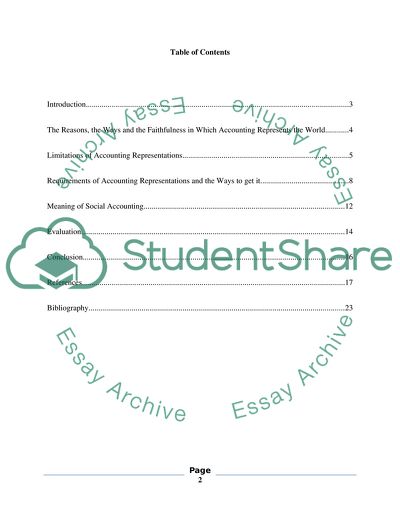Cite this document
(Critical Essay : Accountability, Representation and, n.d.)
Critical Essay : Accountability, Representation and. https://studentshare.org/finance-accounting/1794054-critical-essay-accountability-representation-and-controlmanagement
Critical Essay : Accountability, Representation and. https://studentshare.org/finance-accounting/1794054-critical-essay-accountability-representation-and-controlmanagement
(Critical Essay : Accountability, Representation and)
Critical Essay : Accountability, Representation and. https://studentshare.org/finance-accounting/1794054-critical-essay-accountability-representation-and-controlmanagement.
Critical Essay : Accountability, Representation and. https://studentshare.org/finance-accounting/1794054-critical-essay-accountability-representation-and-controlmanagement.
“Critical Essay : Accountability, Representation and”. https://studentshare.org/finance-accounting/1794054-critical-essay-accountability-representation-and-controlmanagement.


